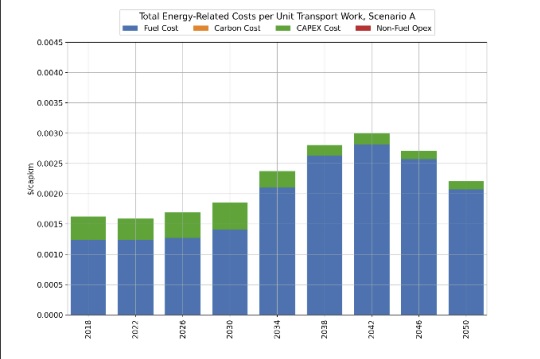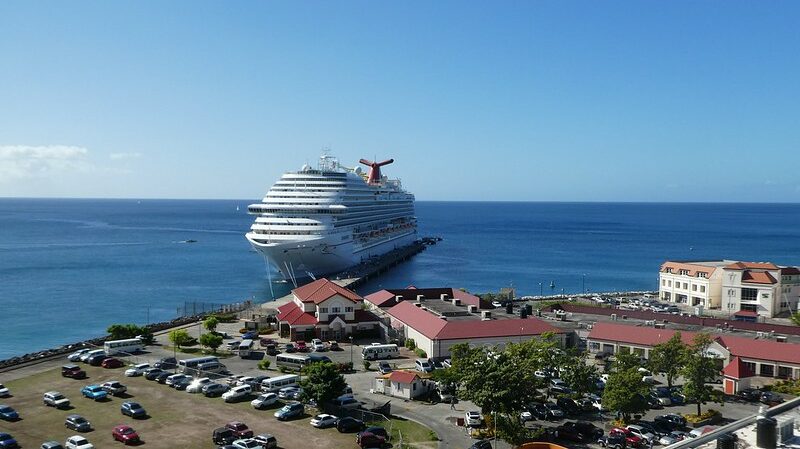Nigeria, Chile and Vietnam are among countries now backing a stronger climate goal for international shipping, but cost concerns remain
Momentum is growing behind calls to decarbonise global shipping, as several large emerging economies joined rich nations and climate vulnerable Pacific islands in backing a strong goal at the UN’s shipping body in London last week.
Nigeria, Chile and Vietnam were among the countries calling for a net zero or zero carbon goal at the International Maritime Organization’s environmental committee meeting.
Campaign group Seas at Risk said there is now a clear majority in favour, which gives a good chance of getting the target agreed at the next meeting in June 2023.
Shipping is responsible for around 3% of global emissions. This share is expected to grow under the industry’s target to halve emissions from 2008 levels by 2050, as sectors like electricity generation clean up faster.
Like international air travel, international shipping is not mentioned in the Paris Agreement and is not covered by most countries’ climate plans.
Dwindling opposition
According to the Seas at Risk campaign, 32 countries spoke in favour of net zero or zero-carbon and 10 spoke against. The group said in a statement this represents a “dwindling opposition” as, at the last meeting in May 2022, 24 countries were opposed.
Developed countries like the USA and most of Europe supported zero carbon. So did several island nations that are threatened by sea level rise like the Maldives and Marshall Islands.
Marshall Islands negotiator Albon Ishoda said: “We are the world’s most climate vulnerable state and we are calling for a 1.5[C]-aligned policy. We are among the many, many that will be sacrificed as collateral damage in this emergency which we have neither asked for or caused.”
He added that an 80% reduction by 2040 and zero emissions by 2050 were “the limits science is telling us are the minimum needed to keep a 1.5 agenda on the timetable. All the science and the progressive industry are telling us this is technically achievable and feasible.”
Cop15 global nature deal passes despite DR Congo’s objection
Large emerging economies like China, Argentina and the United Arab Emirates warned against adopting the target.
South Africa’s negotiator, who cannot be named without prior consent under IMO rules, said it could increase shipping costs and distort trade, particularly for developing countries. These costs would likely be passed on to consumers, they said.
India’s negotiator highlighted uncertainty around what green fuels will replace fossil fuels in ships. “We should not get carried away with mere global calls without any scientific evidence to back it or actionable solutions to achieve it,” their representative said.
Brazil’s negotiator told the IMO meeting room that “setting a very ambitious goal is not analogous to achieving it” and “such levels of ambition seem technically fragile and politically risky”.
Higher costs
A report commissioned by the UK government found that switching to cleaner fuel will increase costs, especially in the short term. By 2050, costs will be about a third higher. The report says that this increase is no higher than those caused by fluctuations in the price of fossil fuels.

The energy-related cost of shipping per unit of transport supply if all the car
Read More






Never miss a story. Join us on social.